
Co-Director
Dr. Jeffrey Schneider is medical director of Trauma and Burn Rehabilitation at Spaulding Rehabilitation and associate professor of Physical Medicine and Rehabilitation at Harvard Medical School. He serves as project director of the Boston Harvard Burn Injury Model System, a multi-institutional center grant focused on long-term outcomes in the burn population. His interests also include utilizing large data to explore rehabilitation outcomes.

Co-Director
Dr. Joseph T. Giacino is a neuropsychologist at Spaulding and Massachusetts General Hospital in Boston Massachusetts. At Spaulding, he directs the Rehabilitation Neuropsychology Service, Disorders of Consciousness Program and Neurorehabilitation Laboratory. At Harvard Medical School, he is a professor of Physical Medicine and Rehabilitation and teaches neuroethics at the Center for Bioethics. He is also adjunct professor in the Rehabilitation Sciences Doctoral Program at the MGH Institute of Health Professions. His work focuses on developing more precise assessment methods and effective treatment interventions for individuals with severe brain injury. He also serves as the director of the Spaulding-Harvard Traumatic Brain Injury Model System.
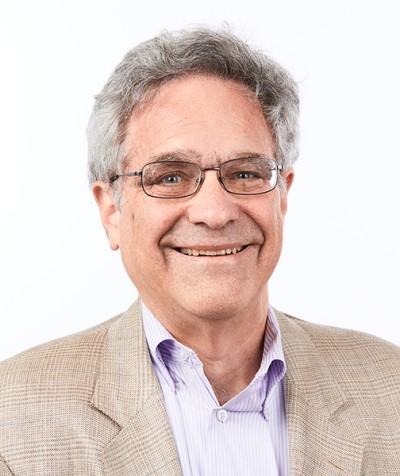
Director of Research
Dr. Kazis is a professor of Health, Law, Policy and Management at the Boston University School of Public Health. He was previously director of Functional Status for the Veterans Health Administration and principal investigator of the Veterans Health Study. Dr. Kazis has developed broadly used health outcomes surveys including the MOS SF-36 and the Veterans RAND 36 and 12 item health surveys (VR-36 and VR-12). In addition, he is the principal developer of the LIBRE Profile, a burn-specific instrument that measures social participation for burn survivors in the community, which he and Dr. Jeffery Schneider are using in a project. Other projects include a collaboration with Dr. Joseph Giacino to develop a computer adaptive test to identify barriers to successful community integration and participation after traumatic brain injury (PCAT), and partnering with Dr. J. Andrew Taylor to use novel digital phenotyping data in spinal cord injury projects.
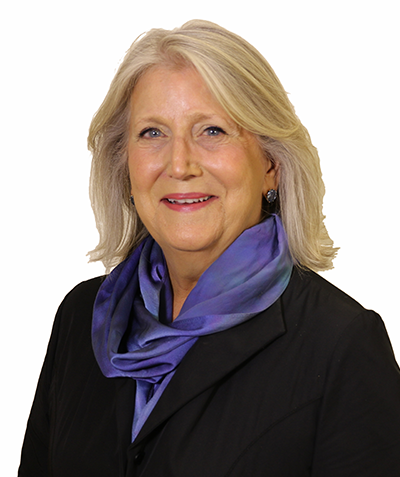
Director of Dissemination
Dr. Slavin is the director of Education and Dissemination, Health Outcomes Unit in the Department of Health, Law, Policy and Management at the Boston University School of Public Health and co-director of Dissemination for the Boston-Harvard Burn Injury Model System. Dr. Slavin has over 30 years’ experience in rehabilitation including as a physical therapist, educator and researcher. Her past research has focused on developing and evaluating rehabilitation outcome measures, including the Activity Measure for Post-Acute Care (AM-PAC), Spinal Cord Functional Index (SCI-FI), Cerebral Palsy Profile (CP-PRO), Pediatric Spinal Cord Injury Activity Measure (PEDI-SCI AM), and the Life Impact Burn Injury Recovery Evaluation (LIBRE) Profile.
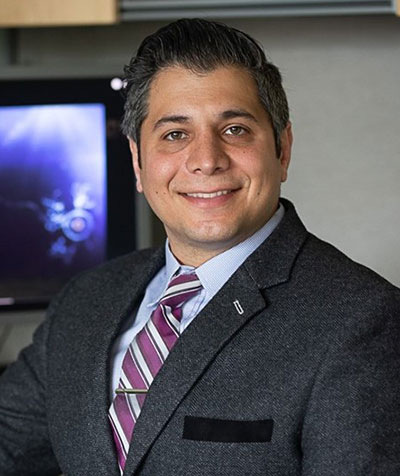
Director of Training
Dr. Daneshvar conducts research on the long-term effects of moderate-severe traumatic brain injury, concussion, and repetitive head impacts, including chronic traumatic encephalopathy (CTE). Dr. Daneshvar's work has been published in the Journal of the American Medical Association, Annals of Neurology, and Brain, and has been featured broadly including in the New York Times, the Wall Street Journal, NPR, and ESPN. He also founded Team Up Against Concussions, the first scientifically validated concussion education program for kids. He is the Director of the Institute for Brain Research and Innovation at TeachAids, which created CrashCourse: a free, scientifically validated virtual reality and computer-based concussion education program. He received his S.B. from MIT and completed his M.D./Ph.D. at the BU CTE Center. His research resulted in the first dissertation in history to study CTE. He completed residency at Stanford University before joining the faculty at Harvard Medical School.
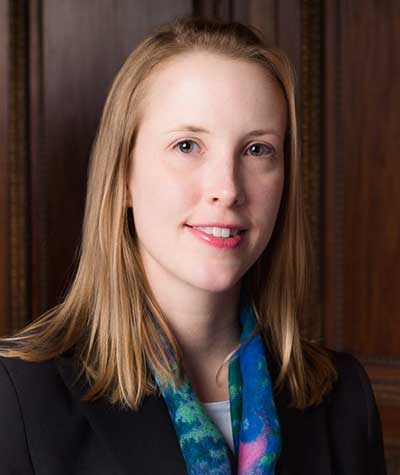
Director of Health Policy & Advocacy
Dr. Slocum is a practicing spinal cord injury physician, Associate Director of Quality at Mass General Brigham Spaulding Rehabilitation, and Director of Health Policy at Harvard Medical School’s Department of Physical Medicine and Rehabilitation. Her clinical work centers around optimizing long-term health for individuals with paralysis and her research is focused on assessing functional outcomes following rehabilitation, access to high-quality primary and specialty care, and systems of health care delivery across the post-acute care continuum for individuals with disabilities. Dr. Slocum has published research on functional outcomes following traumatic spinal cord injury and has lectured nationally on topics ranging from spinal cord injury outcomes to health policy and payment reform to clinician well-being.

Administrative Director
An occupational therapist with clinical experience in gerontology and skilled nursing, Shonali has worked in various capacities across Spaulding for over 10 years. She has extensive institutional knowledge about Spaulding and post-acute care rehabilitation. She recently facilitated the implementation of the Epic electronic health record across the network's four inpatient and 25+ outpatient facilities, and developed programs to educate staff on this critical source of our patient data.
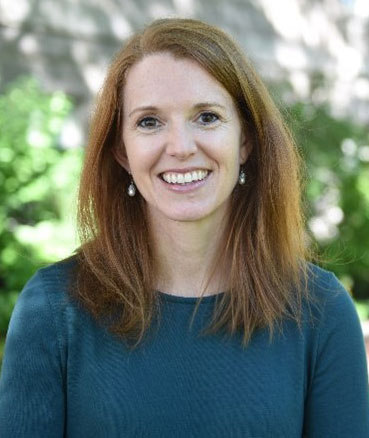
Spaulding Leadership Catalyst Fellow
Dr. Tierney-Hendricks is a Post-Doctoral Research Fellow at ROCS and an Adjunct Assistant Professor in the Communication Sciences and Disorders program at the MGH Institute of Health Professions. She teaches the Outcome Measurement course for the on-line Post-Professional Clinical Doctoral Programs in Occupational Therapy and Speech-language Pathology. Carla has extensive clinical experience as a speech-language pathologist in acute and rehabilitation settings, working primarily with adults with neurological conditions. She holds a clinical appointment as a speech-language pathologist at Spaulding Rehabilitation Hospital. Her research work focuses on improving person-centered, evidence-based care in aphasia rehabilitation using implementation science and mixed method approaches. Her current research aims to develop and implement transition of care models to maximize rehabilitation outcomes and quality of life for individuals with post-stroke aphasia. She is also interested in systematic approaches to outcome measurement within routine clinical care to support clinical decision-making and evidence-informed care.